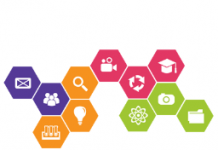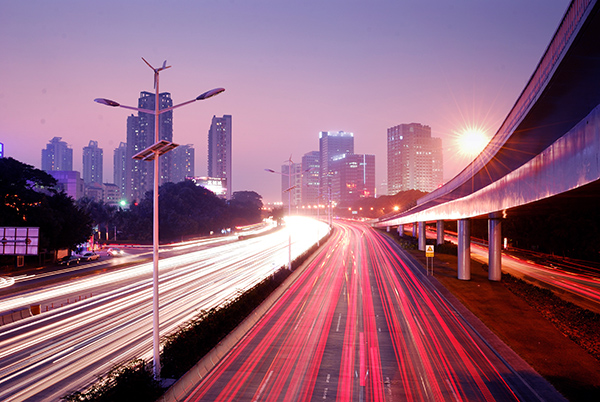
Mobility
Historically, humans have used various means for moving from one place to another: their feet, canoes, skis, wheeled cart, ships, funiculars, hot air balloons, steamboats, steam locomotives, subways, electric trolleys, bicycles, motorcycles, cars, trucks, airplanes, helicopters, rockets and recently the Segway. Hence, roads, rails, the air and water are used for transportation of people and goods. On average, a European travels near 13 thousand kilometers per year within the European Union. The most common mean of transport of people is the car. Aviation, railways and sea travel are used to a lesser extent for the mobility of people.
In future, it is expected that the magnetic levitation technology will be used commonly for train and subway transport to reach a higher speed and decrease power consumption. Electric cars will gradually replace and outnumber the oil-based cars. Self-driving cars will increase the quality of life and help to reduce accidents.
In future, it is expected that the magnetic levitation technology will be used commonly for train and subway transport to reach a higher speed and decrease power consumption. Electric cars will gradually replace and outnumber the oil-based cars. Self-driving cars will increase the quality of life and help to reduce accidents.
Dependency On Oil: Fossil fuels are used to supply the majority of energy for transportation in Europe. While road transportation is the largest source of pollution in form of carbon dioxide (CO2) emission, rail is the least polluting means of transportation.
Congestion: Road and air transport in particular are significantly affected by congestion. Congestion is primarily caused by an increasing number of users of these means of mobility. Congestion leads to increase in travel time and costs.
Smart Mobility: Integration of road, railway, aviation and water transport, using emerging information and communication technologies, may lead to a better transportation system.
Mobility, Transport, Traffic, Infrastructure, CO2 emissions, Pollution, Passenger rights
Related Topics
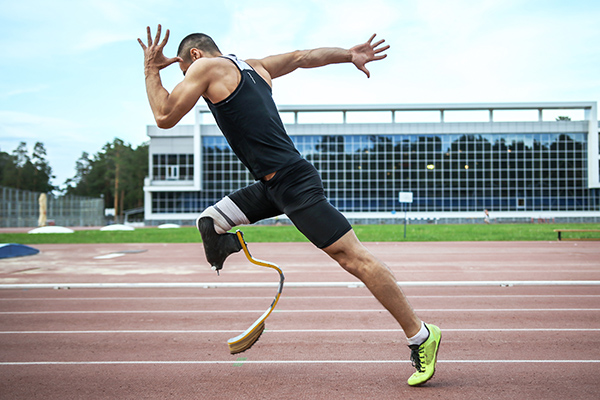
Assistive Technologies
A significant number of people with disabilities worldwide (whether this is impairments in mobility, vision, hearing or cognitive processes) are su...
READ MORE

Cybersecurity
The cyberspace and its infrastructure are vulnerable. The risks can be physical threats, cyber threats and hazards. Cyber criminals exploit the vul...
READ MORE
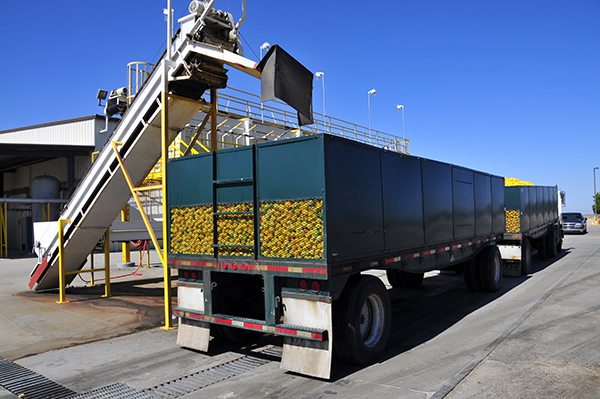
Food Transportation
Before you eat your daily snack: Do you think about where it was produced and from where the components are coming? Maybe it has travelled more kil...
READ MORE
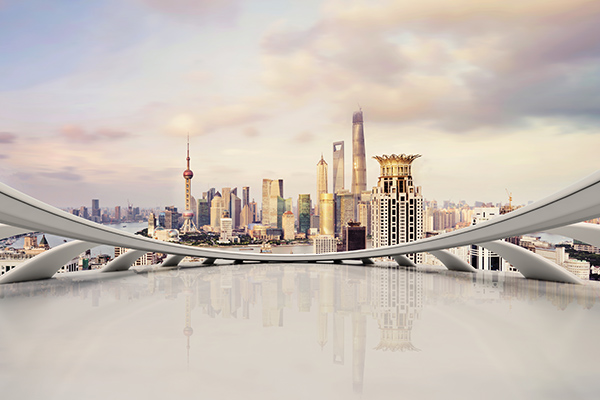
Future Cities
We are living in the age of urbanization, where the majority of the global population lives in cities instead of rural areas. This of course create...
READ MORE

